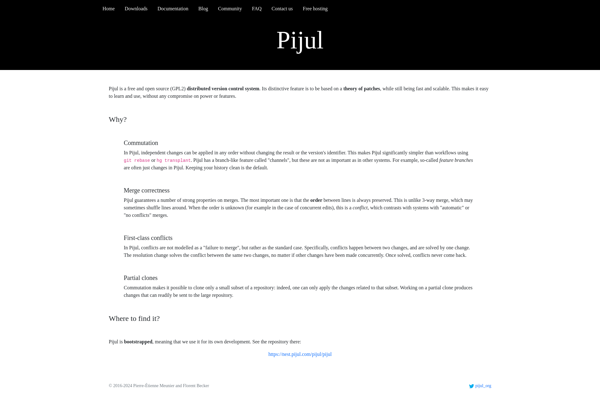Perforce
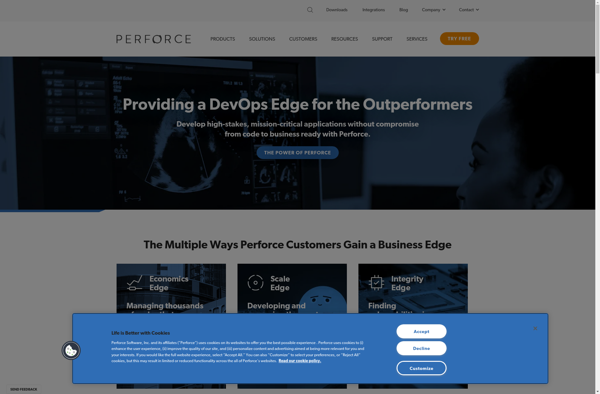
Perforce: Version Control System for Large Enterprises
Perforce is a version control system used primarily by large enterprises to manage source code and other assets during product development. It excels at handling large, complex repositories with huge numbers of revisions.
What is Perforce?
Perforce is a proprietary version control system developed by Perforce Software. It is popular among large enterprises, especially game studios, manufacturers, and semiconductor companies, to manage their digital assets and source code.
Some key features of Perforce include:
- Excellent scaling for extremely large codebases with millions of files and revisions
- Advanced branching and merging capabilities
- Integrated review system for code changes
- Fine-grained permissions to control team access
- Works well across globally distributed teams and offices
Unlike Git which is decentralized, Perforce uses a centralized client-server architecture. All versioned files and metadata is stored on the server, while developers use the Perforce client to connect and sync files to their local machines. This model facilitates collaboration across large teams.
Overall, Perforce stands out for version control scenarios involving huge repositories with very frequent changes - its performance and ability to scale remains unmatched. The learning curve may be higher than Git, but for specific large-scale use cases Perforce delivers exceptional power and flexibility.
Perforce Features
Features
- Distributed version control
- Scalable architecture
- Access controls and permissions
- Branching and merging
- Shelving changes
- Revert and rollback
- Code review and approvals
- Integrations and APIs
- Build automation
Pricing
- Subscription-Based
- Pay-As-You-Go
- Custom Pricing
Pros
Cons
Official Links
Reviews & Ratings
Login to ReviewThe Best Perforce Alternatives
Top Development and Version Control and other similar apps like Perforce
Here are some alternatives to Perforce:
Suggest an alternative ❐Microsoft Visual SourceSafe
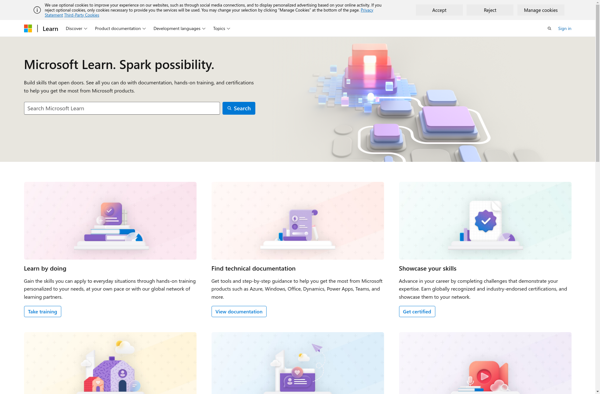
Mercurial SCM
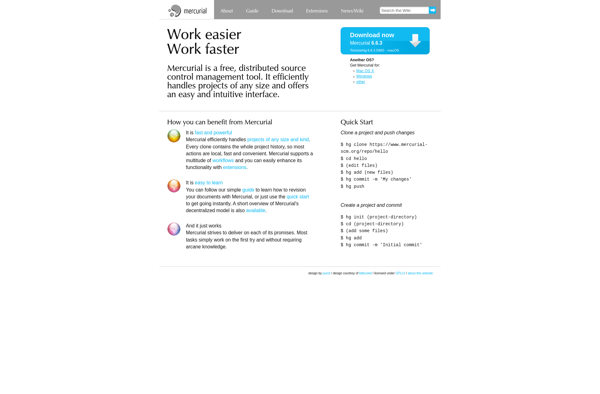
ZenTao
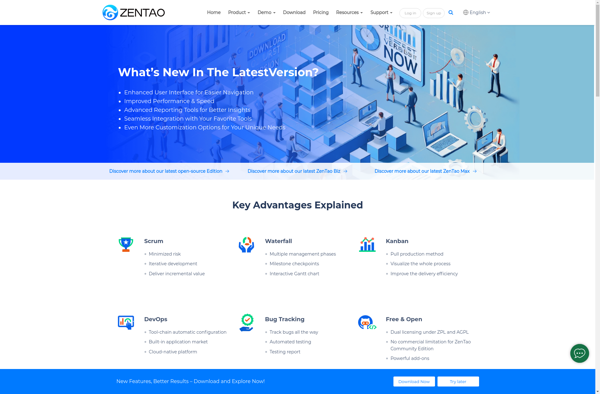
Apache Subversion
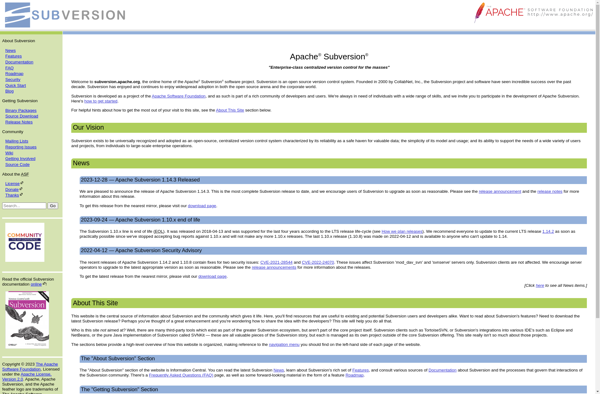
Fossil
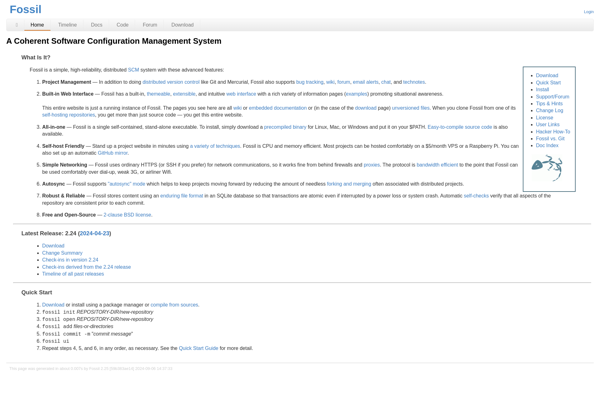
Plastic SCM
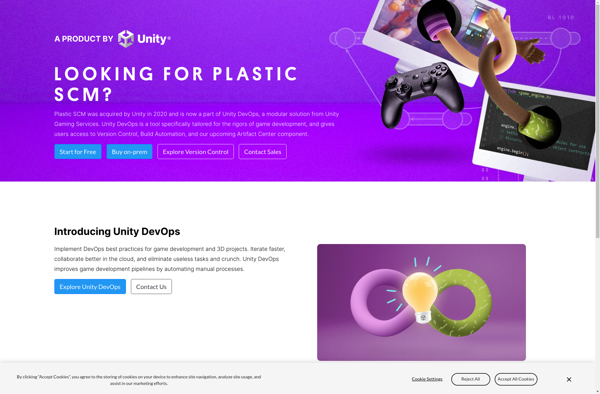
Veracity

Git for Windows
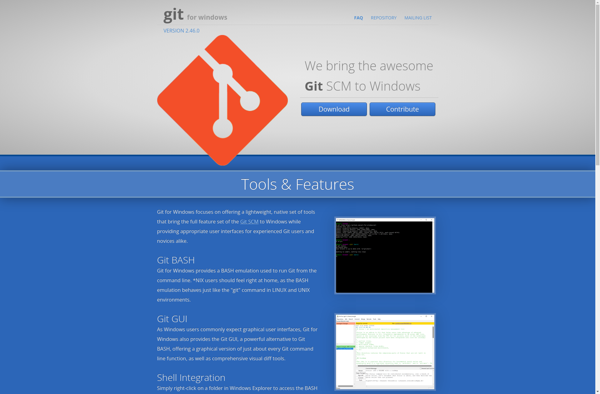
Darcs
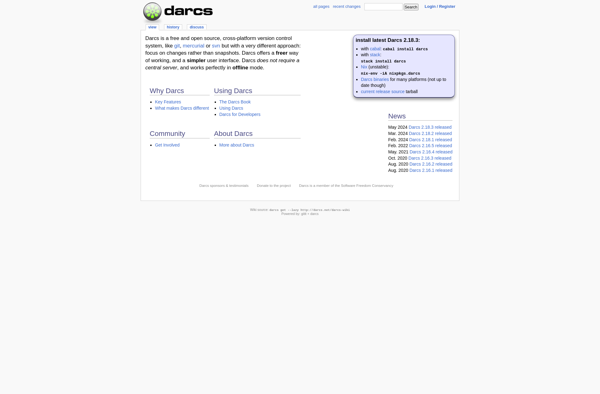
Rational ClearCase
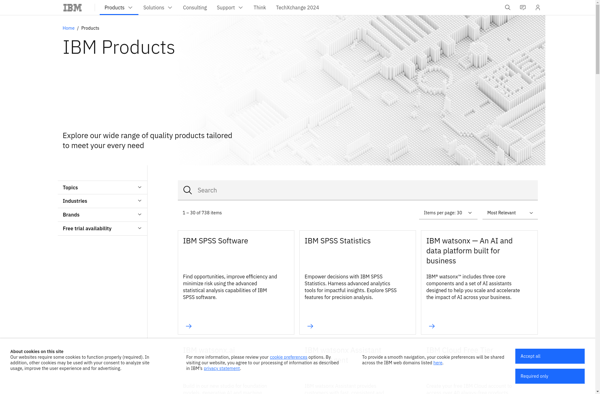
MKS Source

SpectrumSCM

SourceAnywhere
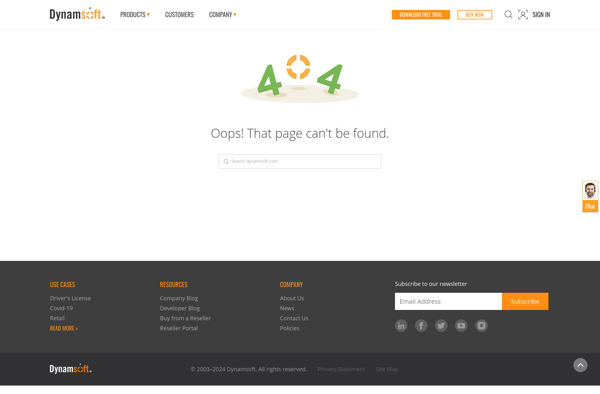
SnapshotCM

Pijul
